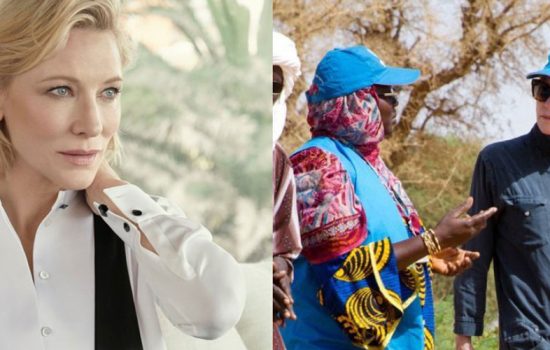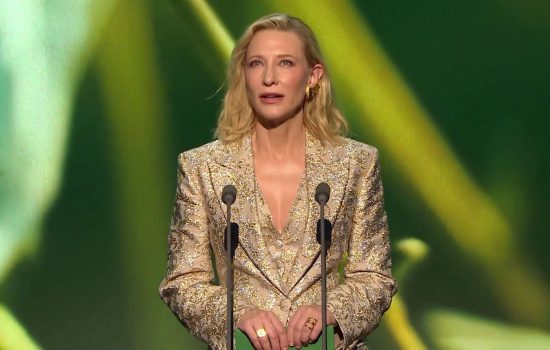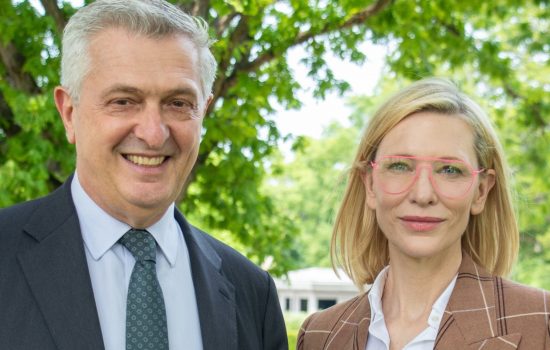A new Not for Profit national short story competition aimed at exploring hope and resilience in the face of poverty and disadvantage has been launched by the Brotherhood of St Laurence.
The Brotherhood said it had assembled a high-profile judging panel for its new national short story competition, The Hope Prize, to encourage Australian writers to tackle a complex subject that is often hidden from public view or reduced to stereotypes.
The judges are actor Cate Blanchett, author Kate Grenville and former Governor General Quentin Bryce.
BSL said the inaugural Hope Prize would have a total prize pool of $12,500, including a first prize of $5,000 and an award for an emerging writer under 18.
“We deliberately chose the name ‘Hope’ for the title of our new short story competition because we want to see more nuanced storytelling that reflects the resilience we know that people in the community show in the face of poverty and testing times,” the Brotherhood’s Executive Director, Tony Nicholson said.
Former Governor General Quentin Bryce said she would like to see The Hope Prize help raise community awareness and cultivate new audiences.
“Poverty and disadvantage are pressing issues in contemporary Australia, especially in outer suburbs and rural areas. This important new short story competition will help illuminate this to new audiences. I congratulate the Brotherhood of St Laurence for their initiative.”
Nicholson said that thanks to the generosity of the late Prudence Myer and the support of her family, in addition to the $5,000 first prize, the competition would include $3,000 for the second prize winner, $2,000 as third prize and writers of highly commended stories will be awarded $500 each.
“The short story entered for The Hope Prize can be fiction or fact. Whatever the genre, the story submitted must convey the experience of people facing hardship in their lives,” he said.
The deadline for entry is 31 January 2016. Stories submitted must be between 2,000 and 5,000 words.
Cate Blanchett notes how art holds up a mirror to society: ‘The stories we tell ourselves are a reflection of who we are. To be excluded from such national imaginings is to live a half-life.
‘I am excited to take part in the Brotherhood short story competition and look forward to reading the stories that shine a light on disadvantage.’
 Welcome to Cate Blanchett Fan, your prime resource for all things Cate Blanchett. Here you'll find all the latest news, pictures and information. You may know the Academy Award Winner from movies such as Elizabeth, Blue Jasmine, Carol, The Aviator, Lord of The Rings, Thor: Ragnarok, among many others. We hope you enjoy your stay and have fun!
Welcome to Cate Blanchett Fan, your prime resource for all things Cate Blanchett. Here you'll find all the latest news, pictures and information. You may know the Academy Award Winner from movies such as Elizabeth, Blue Jasmine, Carol, The Aviator, Lord of The Rings, Thor: Ragnarok, among many others. We hope you enjoy your stay and have fun! 



 A Manual for Cleaning Women (202?)
A Manual for Cleaning Women (202?) The Seagull (2025)
The Seagull (2025) Bozo Over Roses (2025)
Bozo Over Roses (2025) Black Bag (2025)
Black Bag (2025)  Father Mother Brother Sister (2025)
Father Mother Brother Sister (2025)  Disclaimer (2024)
Disclaimer (2024)  Rumours (2024)
Rumours (2024)  Borderlands (2024)
Borderlands (2024)  The New Boy (2023)
The New Boy (2023) 











